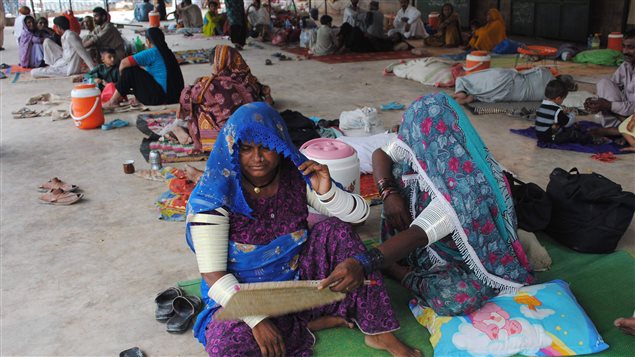If greenhouse gas emissions are not curbed, climate change could make it dangerous for people in parts of South Asia to be outdoors by the end of this century, according to a recent study.
The study from Hong Kong University of Science and Technology uses several computer simulations to project future heat and humidity and compare them to the body’s ability to tolerate them.

Deadly conditions projected for end of 21st century
It found that about half a billion people living in parts of southern Pakistan, northern India and Bangladesh could be unable to keep cool enough to survive outdoors. This would happen by the late 21st century under the current greenhouse gas emission rate.
The study says the most intense hazard from extreme heat waves is concentrated around densely populated agricultural regions of the Ganges and Indus river basins. It adds: “Climate change, without mitigation, presents a serious and unique risk in South Asia, a region inhabited by about one-fifth of the global human population, due to an unprecedented combination of severe natural hazard and acute vulnerability.” Most people don’t have access to air conditioning.
Over a few months in 2015, a deadly heat wave killed about 3,600 people in Pakistan and India.
The study was published in the journal Science Advances.







For reasons beyond our control, and for an undetermined period of time, our comment section is now closed. However, our social networks remain open to your contributions.